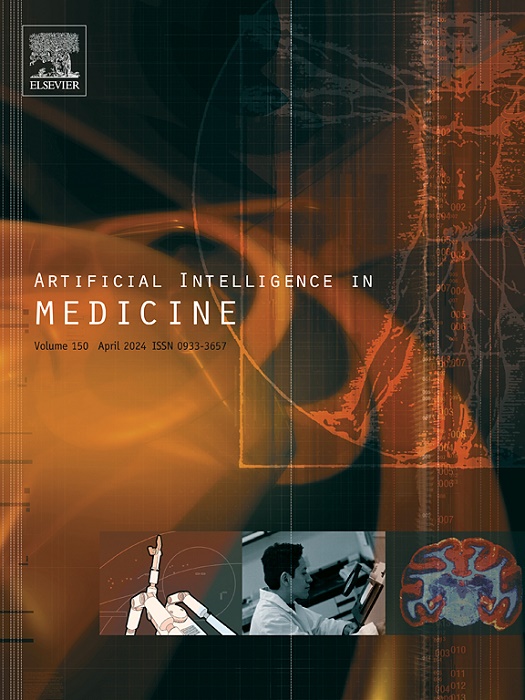在线持续学习用户在社交媒体上的自杀风险
IF 6.2
2区 医学
Q1 COMPUTER SCIENCE, ARTIFICIAL INTELLIGENCE
引用次数: 0
摘要
自杀是家庭和社会的悲剧。随着社交媒体成为人们生活中不可或缺的一部分,基于社交媒体行为评估自杀风险已经引起了越来越多的研究关注。大部分工作训练了一个机器学习模型,在整个训练数据的批量学习设置下对用户的自杀风险严重程度进行分类。在新数据以流形式顺序到达的社交媒体环境中,这不是一个及时和可扩展的解决方案。在这项研究中,我们通过一个由短期个人记忆和长期个人和整体记忆组成的三层联合记忆网络来制定和解决连续自杀风险评估问题。与现有依赖静态分类的方法不同,我们的模型支持实时、持续地从用户的情绪和行为动态中学习,而不需要完全的再培训。这允许随着时间的推移进行个性化和自适应的风险跟踪。我们还提出了一种持续捕捉用户个人特征并将其整合到自杀风险评估中的方法。在包含95名自杀和95名非自杀社交媒体用户的构建数据集上的性能表明,该方法可以达到96%的准确率。本文章由计算机程序翻译,如有差异,请以英文原文为准。
Online continuous learning of users suicidal risk on social media
Suicide is a tragedy for family and society. With social media becoming an integral part of people’s life nowadays, assessing suicidal risk based on one’s social media behavior has drawn increasing research attentions. The majority of the works trained a machine learning model to classify user’s suicidal risk severity level in a batch learning setting on the entire training data. This is not a timely and scalable solution in the context of social media where new data arrives sequentially in a stream form. In this study, we formulate and address the continuous suicidal risk assessment problem through a three-layered joint memory network, consisting of a short-term personal memory and long-term personal and global memories. Unlike existing methods that rely on static classification, our model supports real-time, continuous learning from users’ emotional and behavioral dynamics without the need for full retraining. This allows for personalized and adaptive risk tracking over time. We also present a way to continuously capture users’ personal features and integrate them in suicidal risk assessment. The performance on the constructed dataset containing 95 suicidal and 95 non-suicidal social media users shows that 96% of accuracy can be achieved with the proposed method.
求助全文
通过发布文献求助,成功后即可免费获取论文全文。
去求助
来源期刊

Artificial Intelligence in Medicine
工程技术-工程:生物医学
CiteScore
15.00
自引率
2.70%
发文量
143
审稿时长
6.3 months
期刊介绍:
Artificial Intelligence in Medicine publishes original articles from a wide variety of interdisciplinary perspectives concerning the theory and practice of artificial intelligence (AI) in medicine, medically-oriented human biology, and health care.
Artificial intelligence in medicine may be characterized as the scientific discipline pertaining to research studies, projects, and applications that aim at supporting decision-based medical tasks through knowledge- and/or data-intensive computer-based solutions that ultimately support and improve the performance of a human care provider.
 求助内容:
求助内容: 应助结果提醒方式:
应助结果提醒方式:


